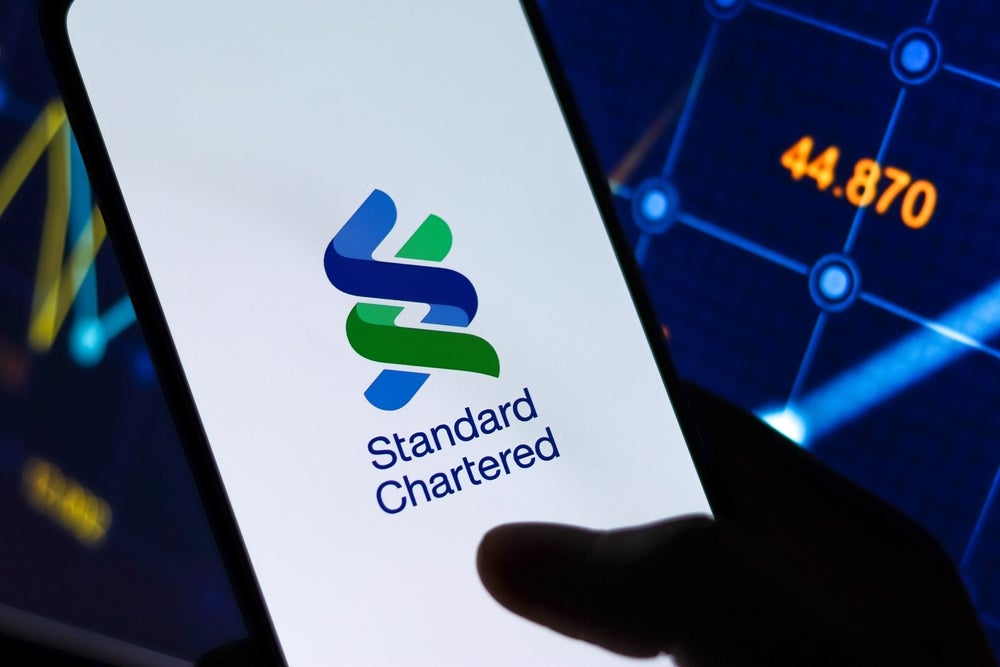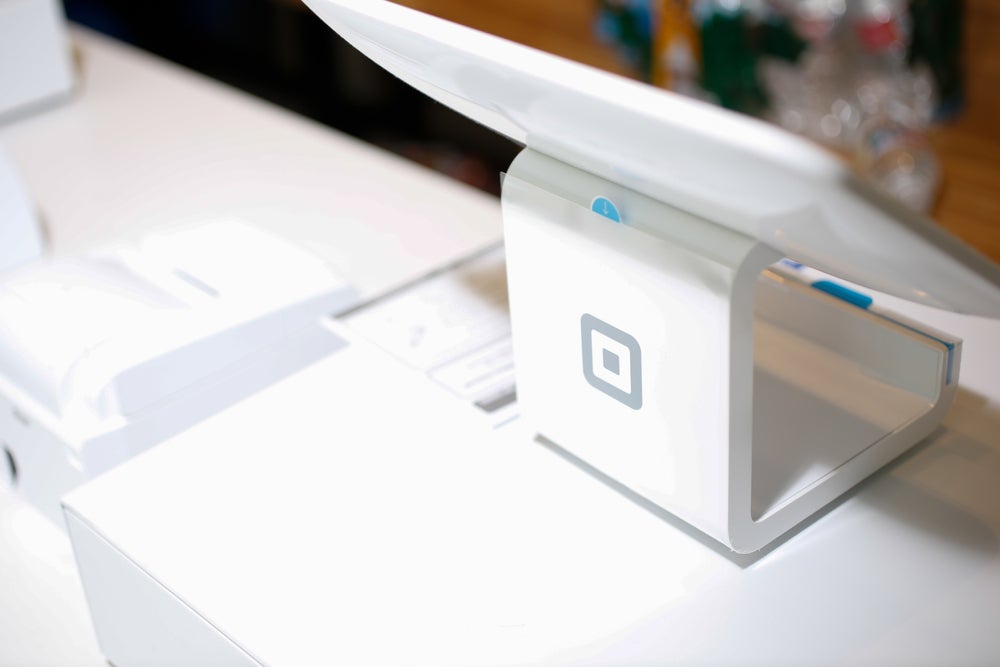More than usual, recent noise around digital transformation has culminated in some landmark changes not only in payments but across different media sectors and even into family entertainment. Time to embrace landmark change by taking a step-wise approach. Anna Milne writes
We’ve had the Independent, one of Britain’s leading broadsheets (‘broadsheet’ in content, if not format) announce termination of its print editions at the end of March 2016- the first UK newspaper to set a date for this; there’s been BBC 3 going digital-only, becoming an online channel and terminating TV transmission.
Then Monopoly chimed in with an upcoming re-launch of a cashless version of the game, thereby eliminating the role of Banker and equipping each team member with a debit card for transacting electronically. Certainly the latter is rather unsettling for anyone who has ever played the game. Not sure if the world is ready for cashless Monopoly, regardless of where we stand in the payments world on going cashless. I’m not sure even millennials are ready for cashless monopoly.
Cue a launch that bridges innovation with the status quo, a product that recognises real change can take decades. It is a solution that sees the likes of Apple Pay and ‘raises’ it, not by further engineering it towards a future audience, but by reining it firmly back into the present. And let’s face it: the present market is not yet mobile-based, in the UK anyway.
Mobile payments may one day be ubiquitous but right now, they are far from it. Enter Curve. Coin has done a similar thing in the US, it’s true. And there are other similar apps that consolidate cards and loyalty programmes into one card. And it must be said that Curve, unlike Coin, does not yet offer the capability to upload debit cards, which surely is crucial to its UK consumer uptake. Plus it costs £35 ($50) upfront.
Also, at the point of sale, should you wish to change your default card, you will need your mobile to do so, meaning you need both phone and card- hardly simplification. Yet for Amex customers and those with myriad loyalty programmes, it could be very handy indeed as it would be accepted everywhere.
How well do you really know your competitors?
Access the most comprehensive Company Profiles on the market, powered by GlobalData. Save hours of research. Gain competitive edge.

Thank you!
Your download email will arrive shortly
Not ready to buy yet? Download a free sample
We are confident about the unique quality of our Company Profiles. However, we want you to make the most beneficial decision for your business, so we offer a free sample that you can download by submitting the below form
By GlobalDataHowever, what’s more interesting is the nod towards the cards sector and whether there is enough industry momentum to get behind a truly consolidated app/card solution before everyone throws their weight behind mobile and digital-only. I wonder whether PayPal might soon consider issuing a card of its own.
Finally, and most significantly, another solution that bridges the gap between future and present, outlining how the payment systems can be opened up to non-banks, in the short-term, amid the ongoing discussion of granting direct access in the longer term. And it is so simple.
Rich Wagner, of APS, in role as chairman of the Emerging Payments Association, penned a report suggesting regulators, in what would be a fairly easy-to-implement change of policy, assign liability to the PSP making the payment, instead of to the bank they plug into for settlement services as is currently the case. It would bring them one step closer to full control and direct access, until such time as non-banks can themselves open a settlement account with the Bank of England, which indeed is the end goal for fintech non-bank PSPs.
Direct access and hence their own settlement account will take more time and not a little more lobbying to the Bank of England, but this interim arrangement would afford them a little more control, would remove the burden of risk from the settlement banks, and create commercial opportunities for smaller banks, as the PSPs would pay for the settlement service.
For the big banks, while their share of total payments would be hit, this widening access could draw many more payments into the whole ecosystem, meaning they may not stand to lose out too much. In addition, the running and maintenance costs of the system would also be shared between more players, thus reducing the costs the big banks currently pay.
This interim arrangement could be up and running within a year, according to Wagner, and to Hannah Nixon, managing director of the PSR, who says there is enough momentum behind this dialogue now to push forward this change in policy. Ring the changes.







